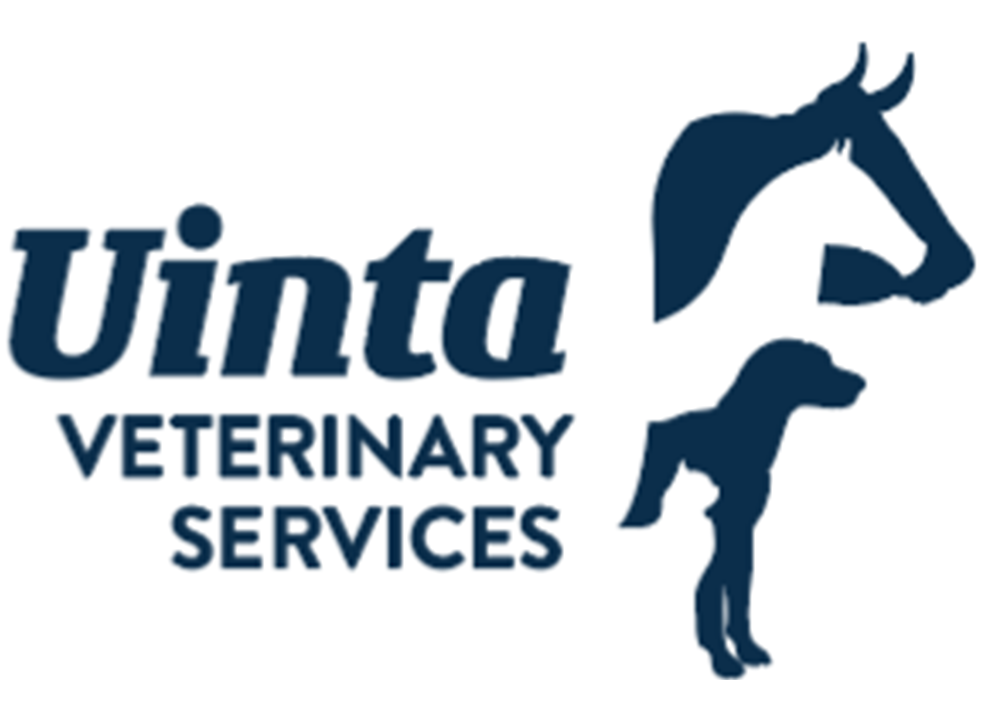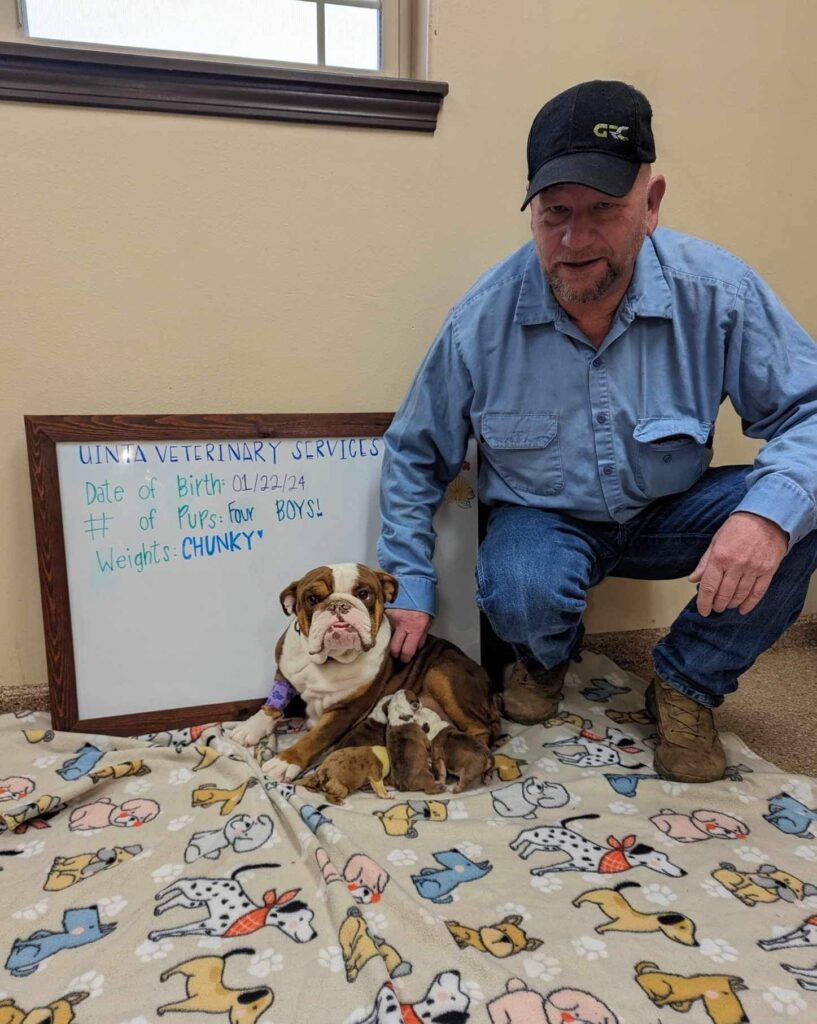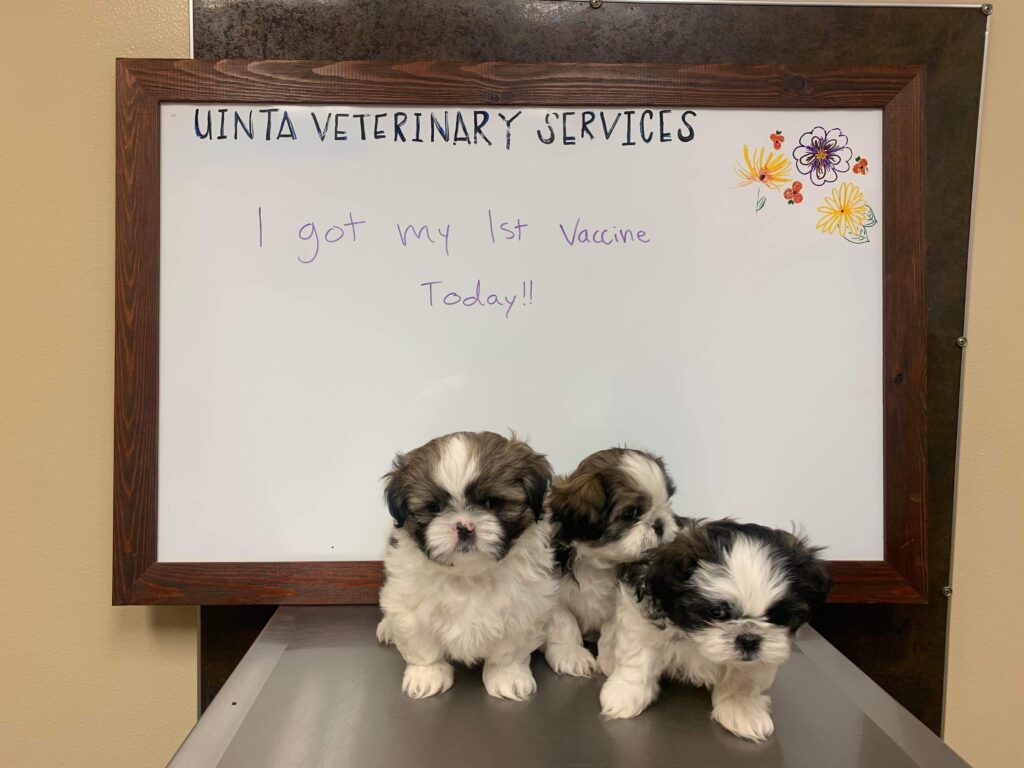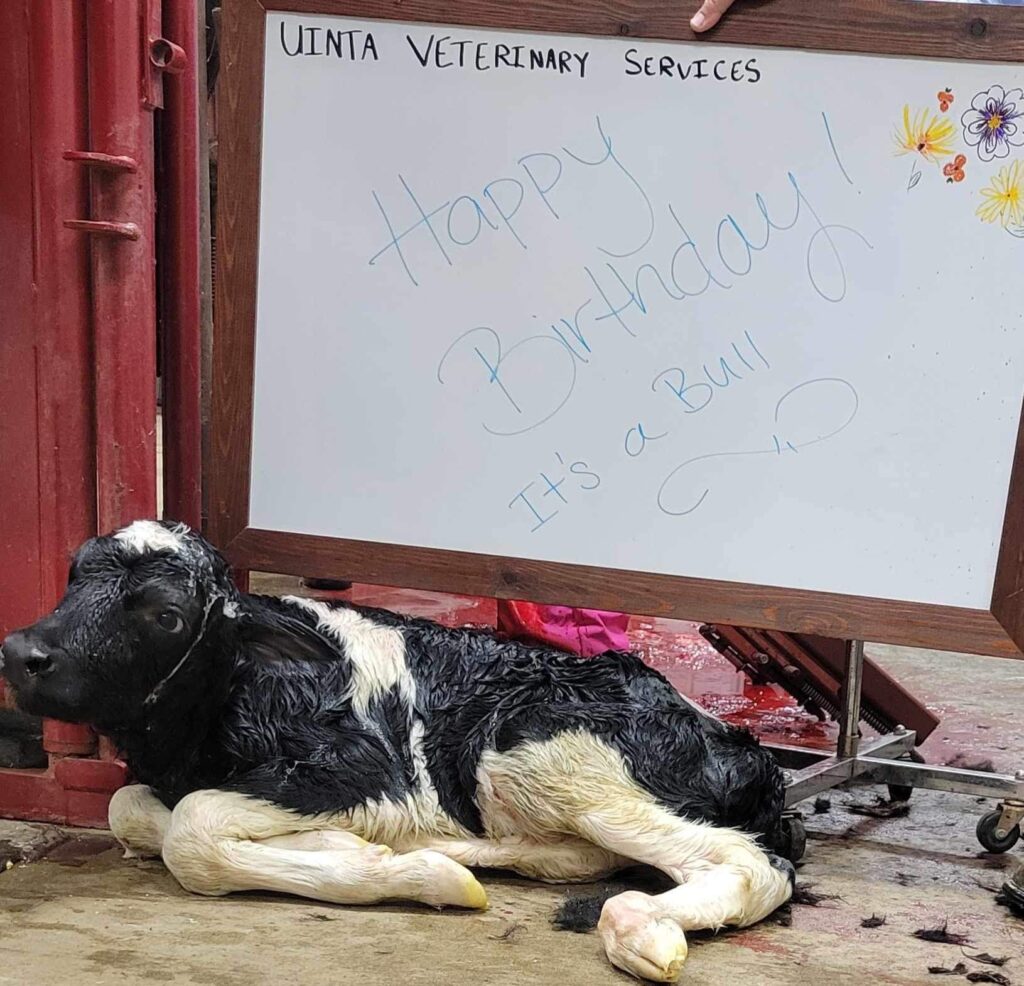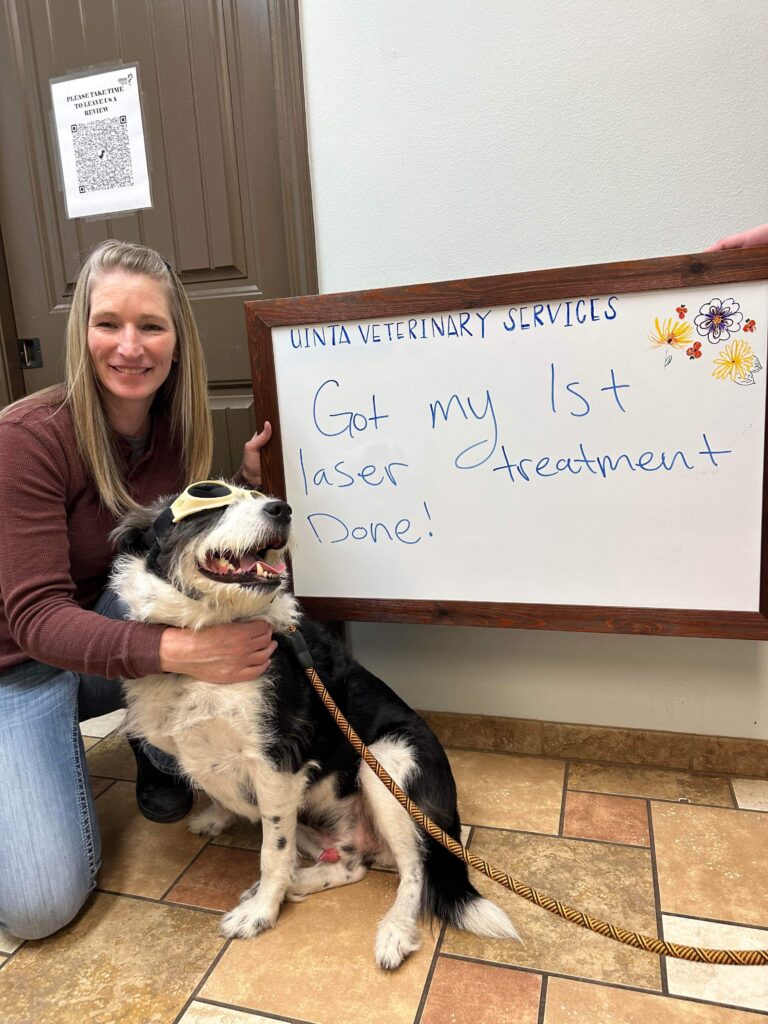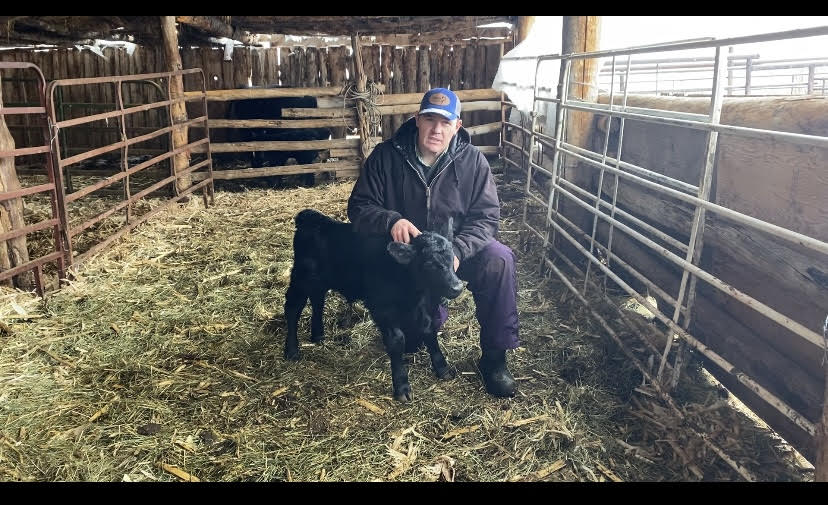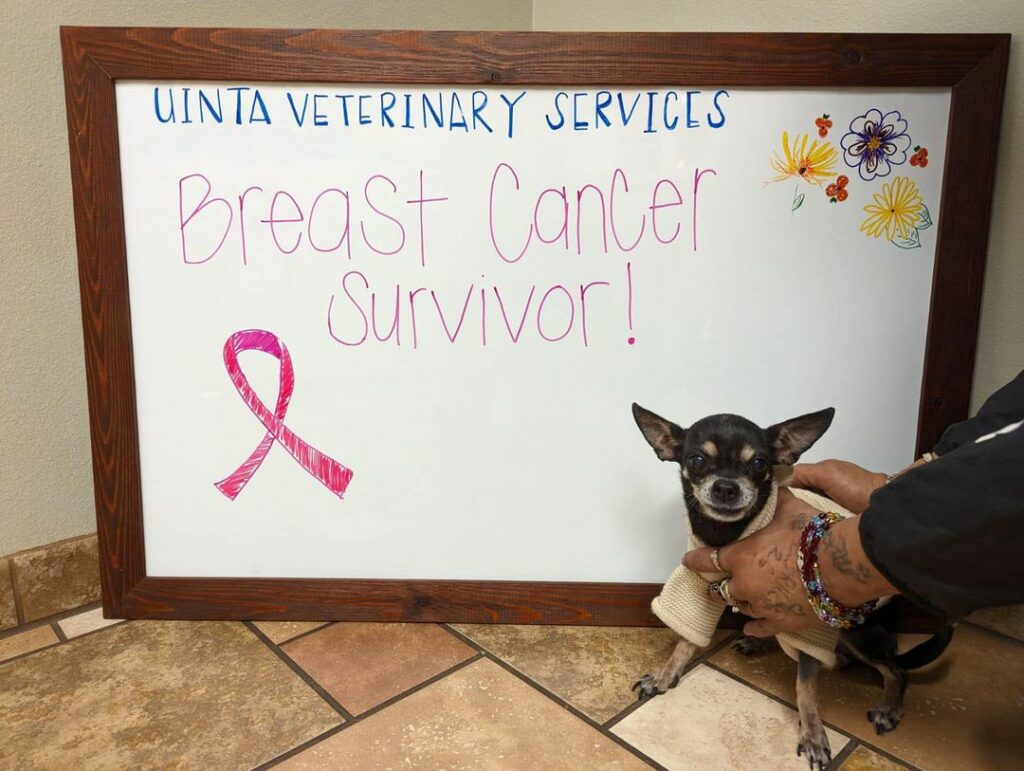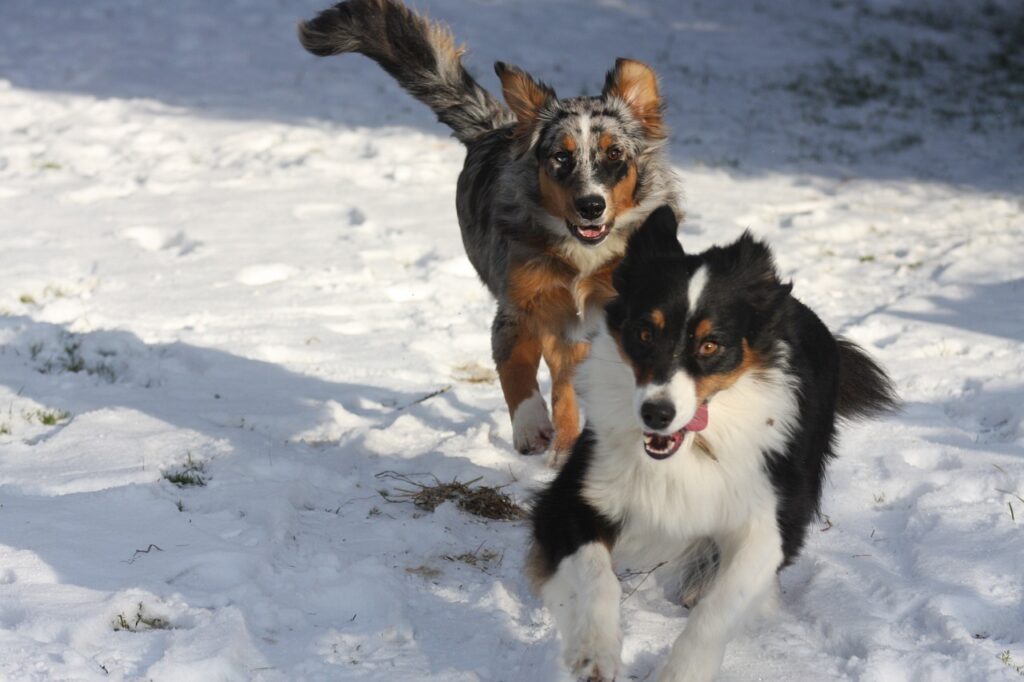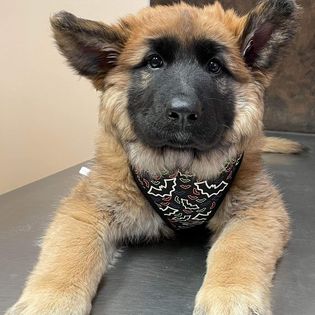
Ah, the pitter-patter of tiny paws! Welcoming a puppy into your life is like adding a bundle of joy and endless love to your family. Congratulations on your new furry family member, and all things puppy! But along with all the cuddles and tail wags it’s essential to lay down a solid foundation for their health and well-being. Let’s delve deeper into the specifics of vaccinations, deworming, and early training to ensure your puppy grows into a happy, healthy adult dog:
Vaccinations:
Vaccinations are vital in protecting your puppy from serious and potentially life-threatening diseases. We as your veterinarian’s will develop a vaccination schedule tailored to your puppy’s age, breed, and risk factors. However, common vaccinations include:
- Distemper: A highly contagious viral disease affecting the respiratory, gastrointestinal, and nervous systems.
- Parvovirus: A severe and often fatal viral infection that causes gastrointestinal symptoms such as vomiting and diarrhea.
- Canine Hepatitis: A viral infection that primarily affects the liver, leading to symptoms such as fever, lethargy, and abdominal pain.
- Rabies: A deadly viral disease that affects the nervous system and can be transmitted to humans.
- Bordetella (Kennel Cough): Bordetella bronchiseptica is a bacterium commonly associated with kennel cough, a contagious respiratory disease. Vaccination against Bordetella is especially important if your puppy will be in close contact with other dogs in settings such as dog parks, boarding facilities, or training classes.
Your puppy will need a series of vaccines to get them started off on the right foot. We recommend them come in for their first time about 8 weeks of age. At that time they will get 1 shot (distemper/parvo/hepatitis combo). They will then come back in after 3-4 weeks (no longer) for a booster of their first shot and their Bordetella. The third time they come in they will get a booster of their first shot again and their rabies. Rabies can not be done before they are 16 weeks of age. Regular booster shots are necessary to maintain immunity throughout your dog’s life. We your veterinarian will advise you on the appropriate vaccination schedule for your puppy’s specific needs.
Deworming and Heartworm Prevention:
Puppies are commonly born with intestinal parasites or may acquire them from their environment. Deworming medications help eliminate these parasites and prevent associated health issues. We may recommend deworming treatments at specific intervals, typically starting at two to three weeks of age and continuing until the puppy reaches adulthood. Additionally, preventing heartworm infection is essential for your puppy’s well-being. Heartworm disease is transmitted through the bite of an infected mosquito and can lead to serious complications, including heart failure and organ damage.
We will recommend a deworming protocol and a heartworm prevention regimen tailored to your puppy’s age, lifestyle, and risk factors. Common deworming medications target intestinal parasites such as roundworms, hookworms, whipworms, and tapeworms. Heartworm prevention medications are typically administered monthly and come in various forms. Including oral tablets, topical solutions, and injectables.
Regular fecal examinations and heartworm tests are essential to detect and treat any parasitic infections promptly. By following your veterinarian’s recommendations for deworming and heartworm prevention, you can help ensure your puppy’s health and well-being.
Ensuring your puppy receives regular deworming treatment and heartworm prevention medication will protect them from intestinal parasites and potentially life-threatening heartworm disease.
Early Training for Vet Visits and Grooming:
Setting a positive foundation for veterinary visits and grooming sessions from a young age can significantly impact your puppy’s comfort and cooperation in these situations. Here’s how you can help your puppy become a pro:
- Positive Reinforcement: Use treats, praise, and affection to reward your puppy for calm and cooperative behavior during veterinary exams and grooming sessions.
- Handling Exercises: Gently handle your puppy’s paws, ears, mouth, and body to accustom them to being touched and examined. This will make procedures such as nail trims, ear cleanings, and dental care less stressful.
- Desensitization: Introduce your puppy to the sights, sounds, and sensations they may encounter during veterinary visits and grooming sessions. Gradually expose your puppy to the sound of clippers, the sensation of being brushed, and the presence of other animals.
- Gradual Exposure: Start with short visits to the veterinary clinic and brief grooming sessions at home, gradually increasing the duration as your puppy becomes more comfortable.
- Consistency: Be consistent in your training efforts and practice regularly to reinforce positive behaviors. Consistency and patience are key to helping your puppy feel calm and confident during veterinary visits and grooming sessions.
By prioritizing preventive care and early training, you’re setting your puppy up for a lifetime of health, happiness, and positive experiences. Enjoy every moment of this special bond with your furry companion! 🐶❤️
